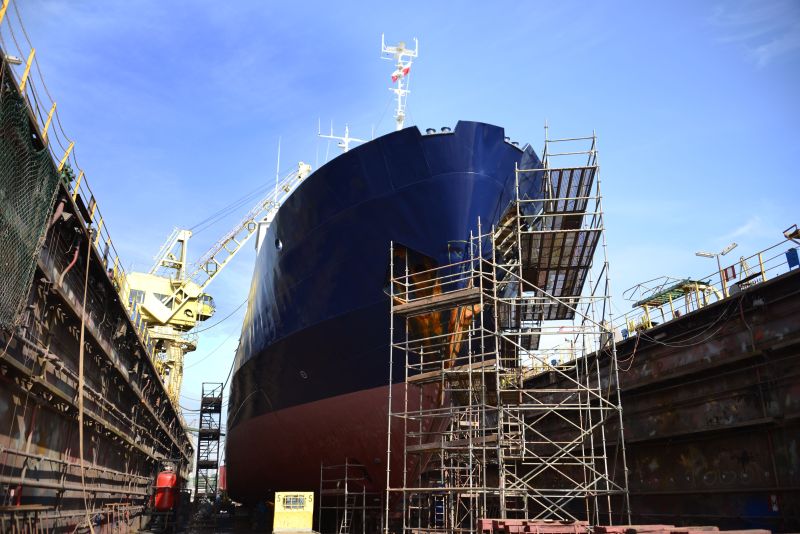Today, the Sustainable Shipping Initiative (SSI) and Mærsk Mc-Kinney Møller Center for Zero Carbon Shipping (the Center) formalised their collaboration by signing a Knowledge Partnership Agreement, committing to a long-term strategic partnership to accelerate the maritime industry’s decarbonisation efforts.

SSI is a multi-stakeholder initiative that brings together leading and likeminded organisations across the maritime ecosystem to advance environmental, social and socio-economic sustainability in the shipping industry.
Through this partnership, the two organisations will share knowledge and best practice to accelerate the transition towards zero carbon shipping sustainably, by ensuring that pathways to zero emissions (from alternative fuels to improving energy efficiency) consider sustainability implications beyond CO2. Among other things, SSI and the Center will jointly work on developing standards for life cycle analysis (LCA) of alternative fuels, which is a key element in the transition.
In welcoming the SSI to the Center, CEO Bo Cerup-Simonsen of the Mærsk Mc-Kinney Møller Center for Zero Carbon Shipping said:
“We are on the same mission, and we can increase our common impact through collaboration. The SSI has a proven track record in driving change through cross-sectoral collaboration, and by combining our strengths, knowledge and determination to accelerate the transition, we can be even more effective in driving real change in the maritime industry.”
In joining the Center, Andrew Stephens, Executive Director of the SSI, said:
“Decarbonising shipping sustainably requires addressing many interlinked challenges – from land-based fuel supply chains to the materials used for shipbuilding, to route optimization that helps address externalities like poor air quality in ports. These issues can only be tackled effectively through partnering and collaborating with others, and we at the Sustainable Shipping Initiative look forward to working with the Center and its community of members and stakeholders in the pursuit of zero carbon shipping by 2050.”